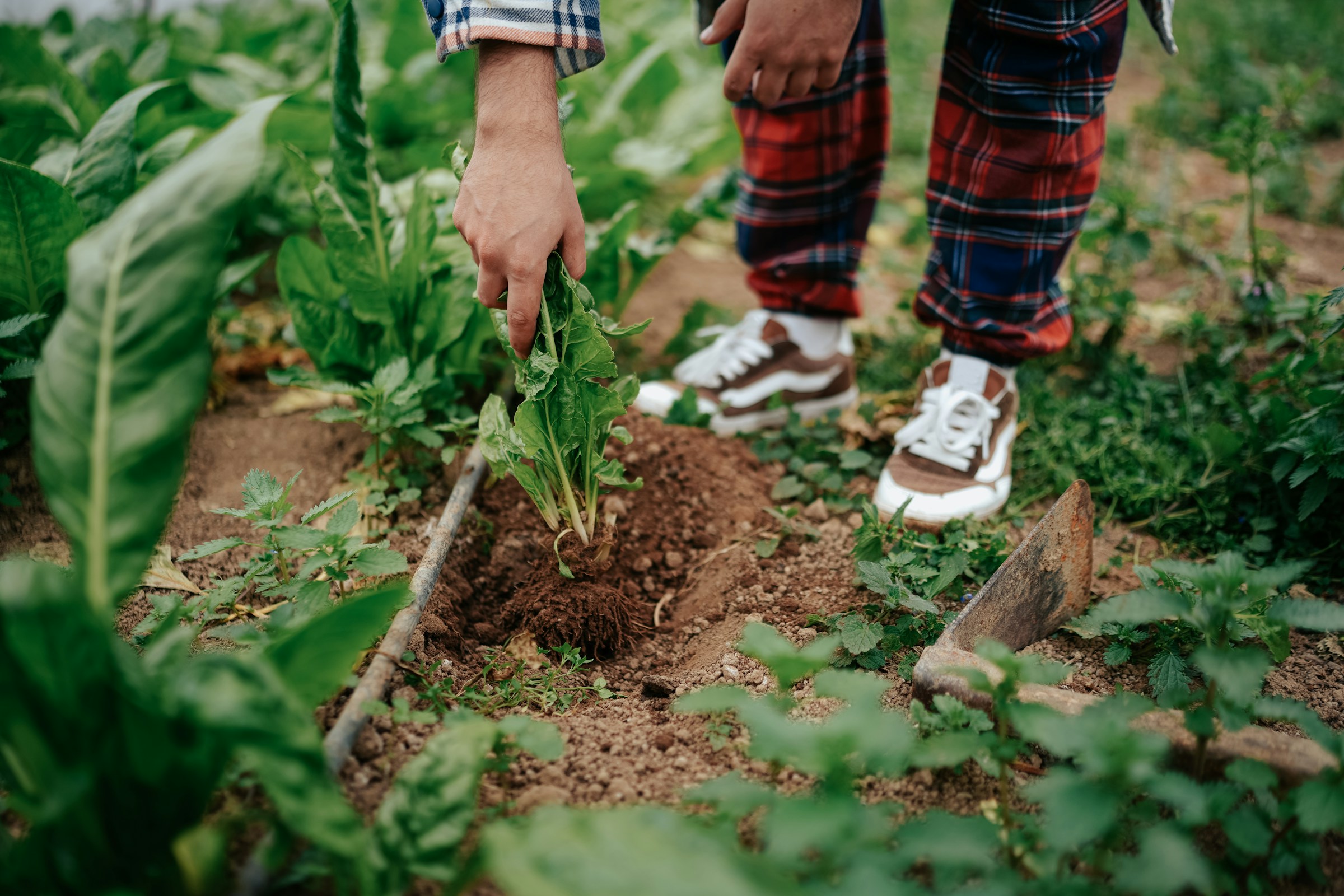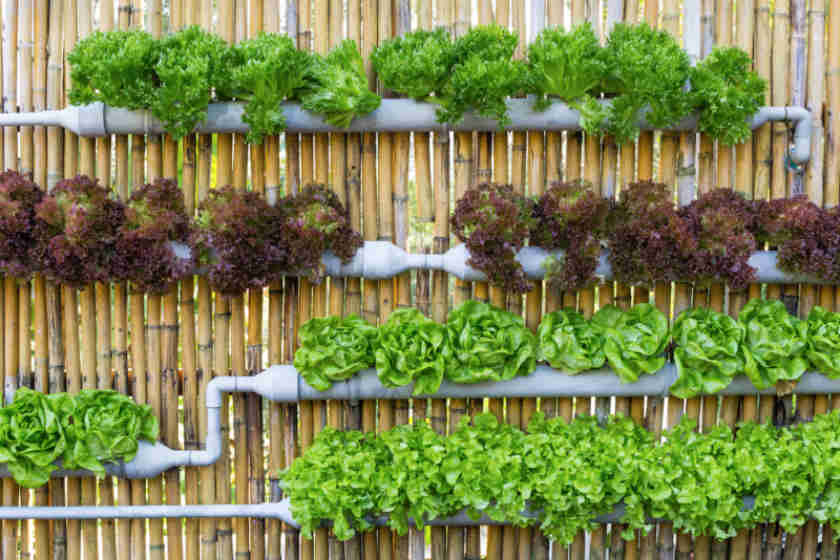Climate change is a pressing issue that demands immediate attention. One solution lies in our backyards: sustainable gardening.
Sustainable gardening is more than just a trend. It’s a method of growing plants in a way that’s beneficial to the environment. It reduces carbon emissions, conserves water, and promotes biodiversity.
But how does it compare to large-scale commercial farming? And how can we implement sustainable practices in our own gardens?
This article will delve into these questions. We’ll explore the principles of sustainable gardening, its benefits, and how it can be a solution to climate change.
Whether you’re a seasoned gardener or a beginner, you’ll find actionable tips and insights to help you create a sustainable garden. Let’s embark on this journey towards a greener future.
The Importance of Sustainable Gardening in the Climate Crisis
Sustainable gardening plays a crucial role in mitigating climate change. It does this by reducing greenhouse gas emissions, a major contributor to global warming.
By avoiding chemical fertilizers and pesticides, sustainable gardening reduces the release of harmful gases into the atmosphere. It also promotes carbon sequestration, a natural process where plants absorb carbon dioxide and store it in the soil. This not only helps combat climate change, but also enriches the soil, leading to healthier plants.
Sustainable gardening and large-scale commercial farming are fundamentally different in their approach to food production. While commercial farming often prioritizes high yields and efficiency, sustainable gardening focuses on the health of the environment and the long-term viability of the land.
Commercial farming often relies heavily on chemical fertilizers and pesticides. These can degrade soil health over time and contribute to water pollution. In contrast, sustainable gardening practices such as composting and crop rotation naturally enrich the soil and prevent pest problems.
Moreover, commercial farming can lead to a loss of biodiversity due to the cultivation of single crops on a large scale. On the other hand, sustainable gardening encourages the growth of a variety of plants, promoting biodiversity and creating a balanced ecosystem.
In essence, sustainable gardening is a more environmentally friendly approach to food production. It not only helps combat climate change but also fosters a healthier and more resilient ecosystem.
Core Practices of Sustainable Gardening
Sustainable gardening is more than just a trend. It’s a set of practices that aim to reduce the environmental impact of gardening. These practices are designed to conserve resources, promote biodiversity, and improve soil health.
One of the key principles of sustainable gardening is the use of organic matter to enrich the soil. This can be achieved through composting, a process that turns kitchen scraps and yard waste into nutrient-rich compost.
Another important practice is crop rotation. This involves changing the types of crops grown in a particular area each season to prevent the depletion of nutrients and control pests.
Soil Health and Conservation
Healthy soil is the foundation of a successful garden. It provides the necessary nutrients for plant growth and helps retain water.
Sustainable gardening practices such as composting and mulching can significantly improve soil health. These methods increase the organic matter in the soil, improving its structure and fertility.
Water Management and Conservation
Water is a precious resource that needs to be used wisely. Sustainable gardening practices aim to reduce water usage and prevent wastage.
Methods such as drip irrigation and rainwater harvesting can significantly reduce the amount of water needed for a garden. These techniques not only conserve water but also ensure that plants receive the right amount of moisture.
Plant Diversity and Native Landscaping
Plant diversity is a key aspect of sustainable gardening. A diverse garden is more resilient to pests and diseases, and it provides a habitat for beneficial insects and birds.
Native plants are particularly important in sustainable landscaping. They are adapted to local conditions and require less water and care than exotic species. Plus, they contribute to the preservation of local biodiversity.
Organic Gardening: Aligning with Sustainability
Organic gardening is a natural ally of sustainable gardening. It emphasizes the use of natural methods and materials, avoiding synthetic fertilizers and pesticides.
This approach not only reduces the environmental impact of gardening but also improves soil health. Organic matter, such as compost and green manure, enriches the soil and promotes the growth of beneficial microorganisms.
Moreover, organic gardening supports biodiversity. By avoiding harmful chemicals, it creates a safe habitat for beneficial insects, birds, and other wildlife. This contributes to the overall health and resilience of the garden ecosystem.
The Role of Community Gardening in Sustainability
Community gardens play a crucial role in promoting sustainability. They provide a shared space for people to grow their own food, reducing reliance on commercially farmed produce.
These gardens also foster social cohesion and well-being. They bring together people of different ages and backgrounds, promoting a sense of community and shared responsibility.
Moreover, community gardens serve as living classrooms. They offer opportunities for hands-on learning about sustainable gardening practices, fostering environmental awareness and stewardship.
Case Studies: Impact of Sustainable Gardens
Sustainable gardens have made a significant impact in various communities worldwide. For instance, the Edible Schoolyard Project in Berkeley, California, has transformed an asphalt lot into a thriving organic garden.
This project not only provides fresh produce for school meals but also serves as an outdoor classroom. It educates students about sustainable gardening, nutrition, and environmental stewardship, demonstrating the transformative power of sustainable gardening in action.
Economic and Social Benefits of Sustainable Gardening
Sustainable gardening offers numerous economic benefits. It reduces reliance on store-bought produce, saving money for households. Moreover, it can create green jobs, supporting local economies.
Socially, sustainable gardening fosters community cohesion. It encourages collaboration and shared responsibility. Furthermore, it promotes physical and mental well-being, making it a holistic solution to climate change.
Technological Advancements Supporting Sustainable Gardening
Technology plays a crucial role in enhancing sustainable gardening practices. Smart irrigation systems, for instance, optimize water usage, reducing waste and conserving this precious resource.
Moreover, renewable energy sources, such as solar-powered water systems, can be integrated into sustainable gardens. These innovations not only make gardening more efficient but also further reduce the carbon footprint of our food production systems.
Getting Started with Your Sustainable Garden
Starting a sustainable garden may seem daunting, but it doesn’t have to be. With a few simple steps, you can begin your journey towards a greener, more sustainable lifestyle.
First, assess your space and resources. Consider the size of your garden, the local climate, and the availability of water and sunlight. These factors will influence your choice of plants and gardening techniques.
Here are some steps to get you started:
- Test your soil to understand its composition and nutrient levels.
- Choose native plants that are adapted to your local climate and soil conditions.
- Implement water-saving techniques such as rainwater harvesting or drip irrigation.
- Start composting to recycle organic waste and enrich your soil.
- Plan your garden layout to maximize sunlight exposure and facilitate plant growth.







